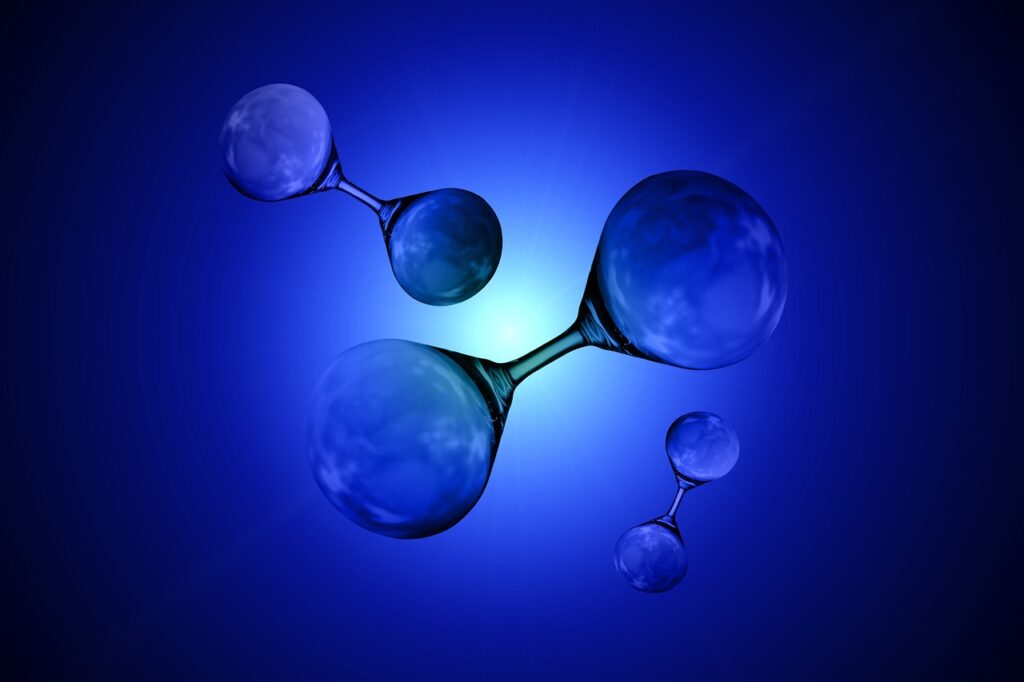Plug Power has prompted the European Union (EU) to implement bold strategies to boost the hydrogen sector, citing the resounding success of the inaugural Hydrogen Bank auction.
Hydrogen support schemes vary widely between the EU and the US. While the US primarily employs legislative incentives and tax benefits for clean hydrogen production, the EU uses a combination of legislative incentives, renewable energy directives, and emission trading systems to promote the green hydrogen sector.
Despite these disparities, numerous exciting developments are unfolding on both sides of the Atlantic, such as Europe’s inaugural Hydrogen Bank auction.
Wrapping up on February 8, 2024, the first European Hydrogen Bank auction was remarkably successful, with 132 total bids amounting to 8.5 Gigawatts (GW). This achievement underscores the hydrogen sector’s vitality and motivates the Commission to continue facilitating such initiatives, including another auction later this year.
The Commission is currently assessing the bids and will announce the results in 2024. Following the evaluation, the Commission will extract the pilot auction’s insights and engage with industry participants on the draft Terms & Conditions for the second round of the hydrogen auction.
Plug Power suggests that the Commission should capitalize on the current momentum this year and host two auctions, one for hydrogen production and another focusing on hydrogen demand.
As it stands, only a small fraction of Europe’s overall hydrogen consumption in 2022 was green hydrogen. The Project developers often struggle to generate sufficient demand for their projects to warrant a final investment decision.
Shift the current international leg of the Hydrogen Bank’s focus to demand would best cater to the sector’s needs. This approach would enable the Bank to support the hydrogen ecosystem on a much broader scale. It could still fund hydrogen imports, enabling generation projects to compete on their merits, devoid of subsidy bias.
The Terms & Conditions of the demand auction should be subject to an open discussion between the Commission and the hydrogen sector’s key stakeholders.
The no-cumulation rule has been a major impediment for the pilot auction applicants, barring projects from the auction that are deemed non-cumulable with the Hydrogen Bank. The Commission should incorporate a degree of flexibility concerning the aggregation of different forms of public support.
It is crucial to establish an encouraging framework for the low-carbon hydrogen sector. It will motivate businesses to combat climate change and ensure Europe’s energy security. The Hydrogen Bank auctions should welcome bids with low-carbon hydrogen, promising maximum funding gap coverage necessary to build Europe’s hydrogen industry.
The EU has identified hydrogen as a crucial player in its decarbonization and energy sovereignty efforts. However, the current cumulative funding of €3 billion for the initial two auctions is insufficient. The European Commission should investigate complementary resources from the ETS and/or unallocated funds from the 2021-2027 programming period.
